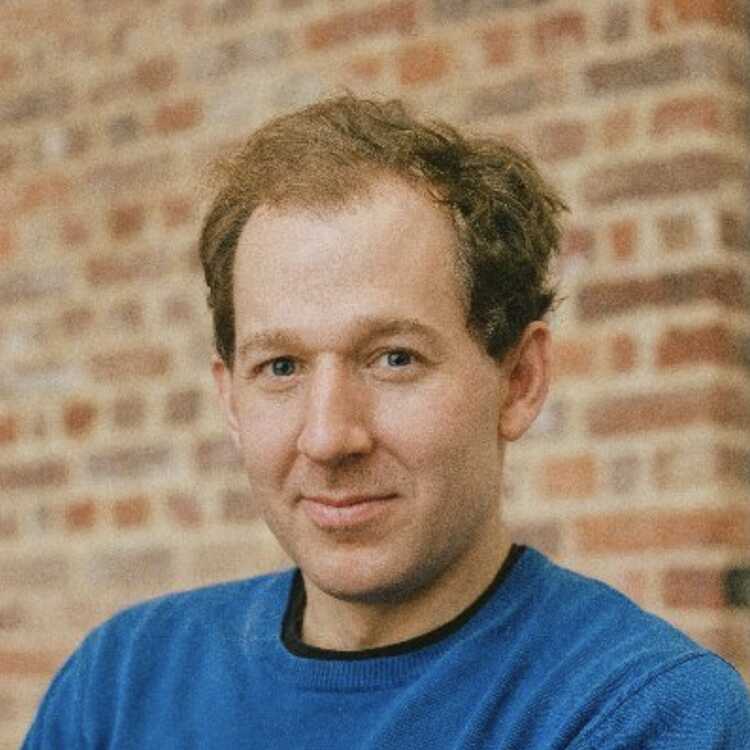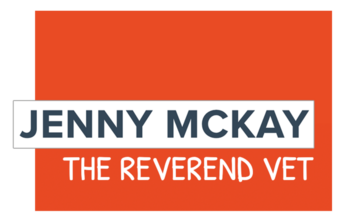Book Review: How To Love Animals by Henry Mance

“This book will challenge how you look at the food on your plate, think more about where it comes from and what you can actively do to make the world a better place for us and animals.”
As a veterinarian (and a priest), I started reviewing this book with an almost defensive attitude. In my world of technologically advanced veterinary medicine I was convinced, that from a medical point of view, there has never been a better time to be an animal. In addition, when one of the opening chapters stated “What kind of vet ends up in an abattoir?” I didn’t feel particularly engaged. Given the regular abuse practising vets receive about their fees and the apparent belief that we should all work for minimal fees, the attraction for a vet to have a steady salary and at least have some input into welfare of food animals seems almost enticing. However, the book drew me in!
Henry Mance turns our so-called love of animals on its head by having actively spent time on farms, in an abattoir, and he discusses the existential threats to all of us of over-fishing, destroying natural habitats and producing cheap, unsustainable food. The most enlightening aspect for me was that big-game hunting, which attracts a lot of media attention and is viciously condemned, is in reality a source of substantial funding for some national parks, and there is no doubt that some species would suffer much greater levels of extinction without such rich funders.
One of the most important points that Mance highlights is that the great divide between environmentalists and conservationists on the one hand, and animal activists on the other, needs to change. Coming from different poles, their overall goals are the same. As he writes “There is no animal welfare, no animal ethics, without a functioning environment, and there are no functioning environments without plentiful animals.” Working in a divided manner “hurts both sides.”
I certainly don’t agree with everything within the book, for example, I’m not certain that for grouse hunting it is carbon-rich peatland which is burnt to promote the right plants for their nests, but rather it is the heather itself which is burnt. Furthermore, a recent article examining moorland sites in Scotland over 44 years concluded that without burning, biodiversity decreases and states “to maintain diversity, timely burning is recommended.” *
“How to Love Animals” is an extremely thought-provoking book which has challenged some of my long-standing views. Henry Mance’s well thought-through arguments have convinced me to eat less meat and explore veganism. Did you know that meat accounts for 30% of the planet’s land occupation and livestock weighs fourteen times as much as our global wild mammals and 18% of greenhouse gas emissions? Vegetarians by eating animal-derived dairy products also contribute to over-farming, something many of us probably overlook. I was genuinely intrigued by the logic of game hunting as not necessarily a totally abhorrent activity. That said, I wouldn’t participate in the latter myself!
“...an extremely thought-provoking book which has challenged some of my long-standing views. Henry Mance’s well thought-through arguments have convinced me to eat less meat and explore veganism."
This book will challenge how you look at the food on your plate, think more about where it comes from and what you can actively do to make the world a better place for us and animals.
In my second role as a priest, I’m often asked if animals go to heaven? I certainly believe so and hope that their heaven is a world where most of Henry Mance’s suggestions are implemented for the sake of us and them!
The Rev’d Dr Jenny McKay
Veterinary Pathologist and Curate at St Mary and All Saints’, Great Budworth, Cheshire.
*https://www.gwct.org.uk/policy/briefings/driven-grouse-shooting/heather-burning/

About The Author
Henry Mance turns our so-called love of animals on its head. After actively spending time in an abattoir he discusses the existential threats of over-fishing, destroying natural habitats, and producing cheap but ultimately unsustainable food.
Posted on June 27th 2021

